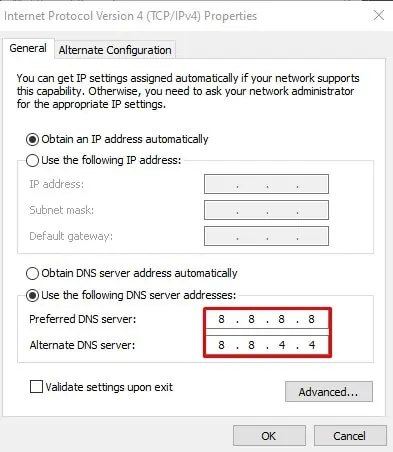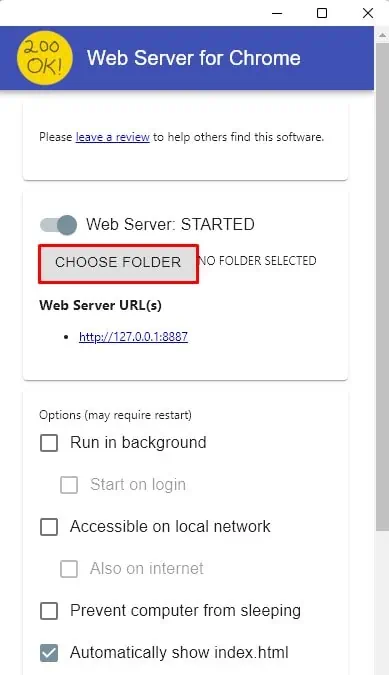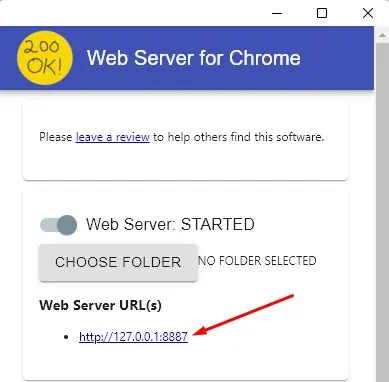While inspecting a webpage in your browser’s Console, you might have come across the error message “Not Allowed to Load Local Resource.” This error message pops up when you attempt to load local resources in your browser, be it an image, scripts, or CSS file.
However, other web page elements may load normally, but a specific file will create the problem. For instance, you may face some of these error messages:net::ERR_CONNECTION_REFUSED,net::err_name_not_resolved, orthe server responded with a status of 404.
Whatever the instances may be, we will guide you through the fixes that will help you sort out this error easily.

What Causes “Not Allowed to Load Local Resource” Error
How to Fix Not Allowed to Load Local Resource Error
Fixing this error is not that tedious and time consuming. Making minor changes in your browser and terminal will help you resolve this error.
I have compiled a list of 5 fixes that you may apply when you face the error. Let’s dive straight into them:
Try Disabling the Chrome Security Settings
Since the error is caused due to thesecurity feature of Chrome, the first thing you may do is disable the security settings. It is not recommended, but if it solves the issue, you can proceed with it.
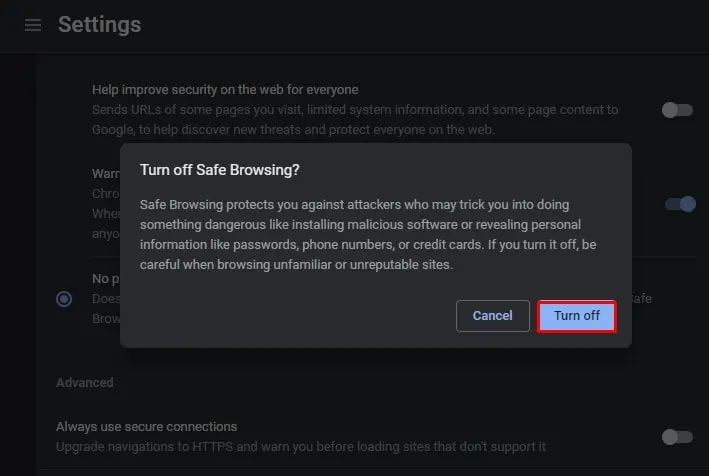
ensure the resource you are trying to load is not malicious. You should take care of it yourself. Else you will be vulnerable to attacks. Consider re-enabling the security after you are done loading the resources. Here’s how to do it:
Domain Name System (DNS) functions as a mediator between you and a web server for name resolution. It translates the domain names into IP addresses to load resources from the web server.
Your computer obtains a DNS address dynamically from your ISP. Sometimes, it may stop working, and your Internet connection may go down. You also face the titled error when there is anissue in the DNS server.
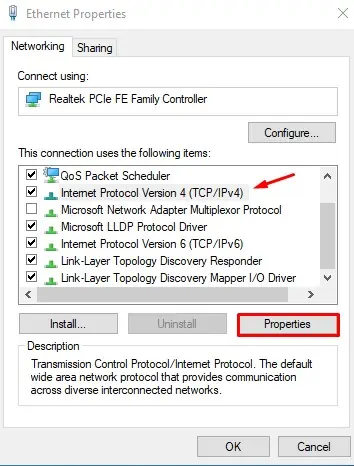
Moreover, if you are using a DNS address other than provided by your ISP, Chrome may block it, raising security concerns. you may utilize the Google DNS servers and see if it fixes the problem. Follow these steps:
Chrome has a built-in DNS cache server to help improve the website loading speed. As we already discussed, DNS maps domain name to IP address; when theIP address for a website is changed, the cache may load the older IP address and cause the issue. It can even decrease the website loading speed.
In such a scenario, you must clear the host cache and see if the issue is solved. Here’s how to clear it:
